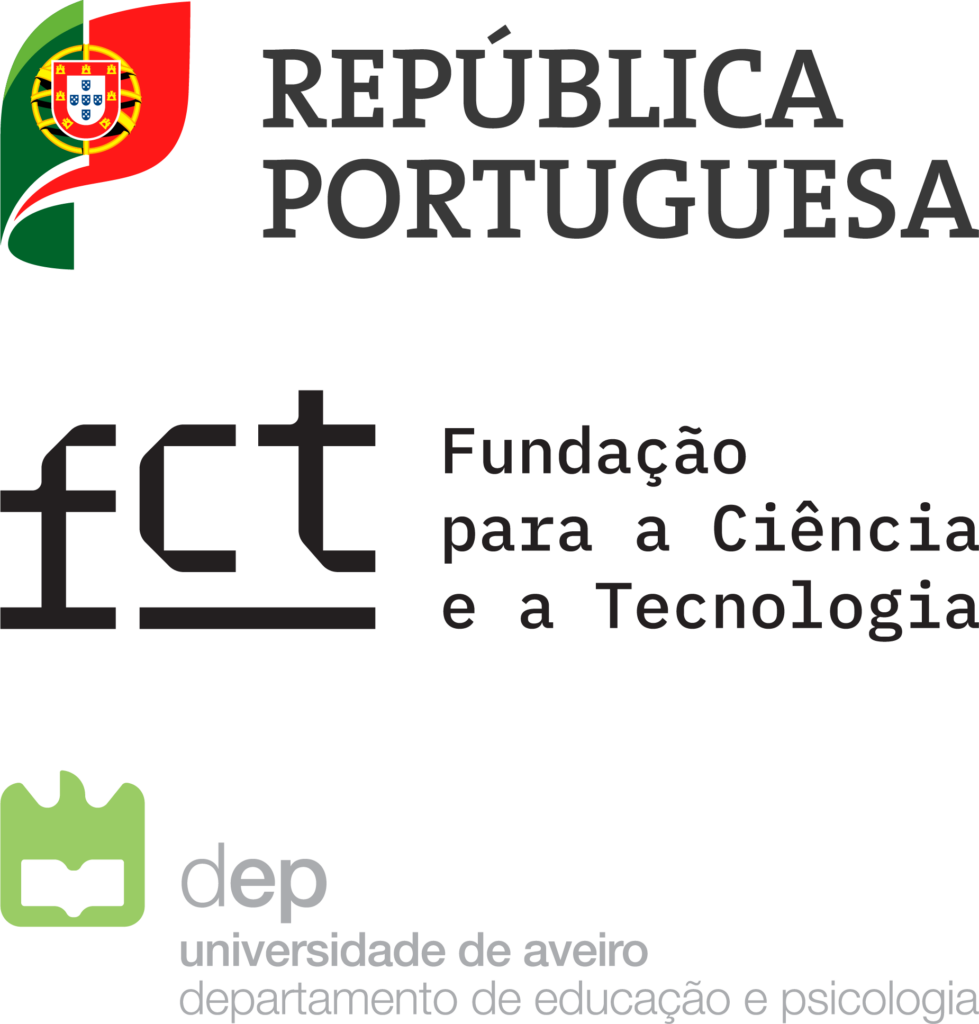Margarida Lucas (CIDTFF), Yidi Zhang (CIDTFF), Pedro Bem‑Haja & Paulo Nuno Vicente | Education and Information Technologies
Abstract:
This study examines the relation between K-12 teachers’ trust in artificial intelligence (TAI), their knowledge of AI (KAI), and their digital competence (DC). It further examines the relation between TAI and age, sex, teaching experience and International Standard Classification of Education (ISCED) levels. The study employed a comprehensive and validated instrument and used a sample of 211 primary and secondary school teachers. The results show that there is a significant positive relation between all three variables and that KAI is a robust and substantial predictor of TAI. In the absence of KAI, the significant relation between DC and TAI ceases to exist. In addition, teachers with different levels of DC do not show significant differences in their attitudes towards AI. Results further show that TAI is independent of age, sex, teaching experience and ISCED level in this sample of teachers. The study contributes valuable insights into the complex interplay between teachers’ TAI, their KAI, and their DC, providing practical implications for policy, teacher preparation and professional development in the rapidly evolving landscape of AI integration in education.
– – – – –
Referência:
Lucas, M., Zhang, Y., Bem-haja, P., & Vicente, P. N. (2024). The interplay between teachers’ trust in artificial intelligence and digital competence. Education and Information Technologies, ahead-of-print. https://doi.org/10.1007/s10639-024-12772-2





